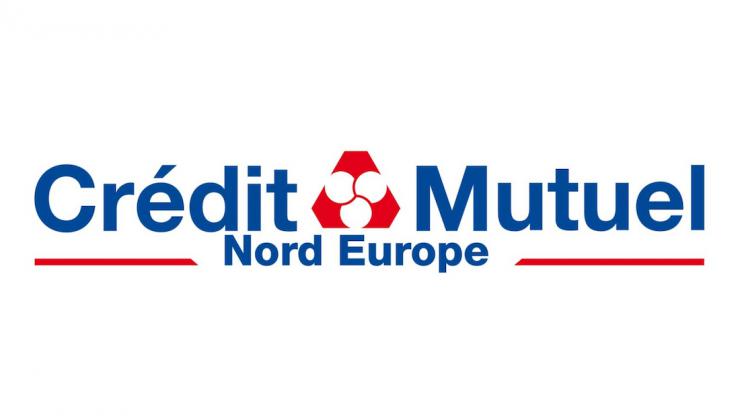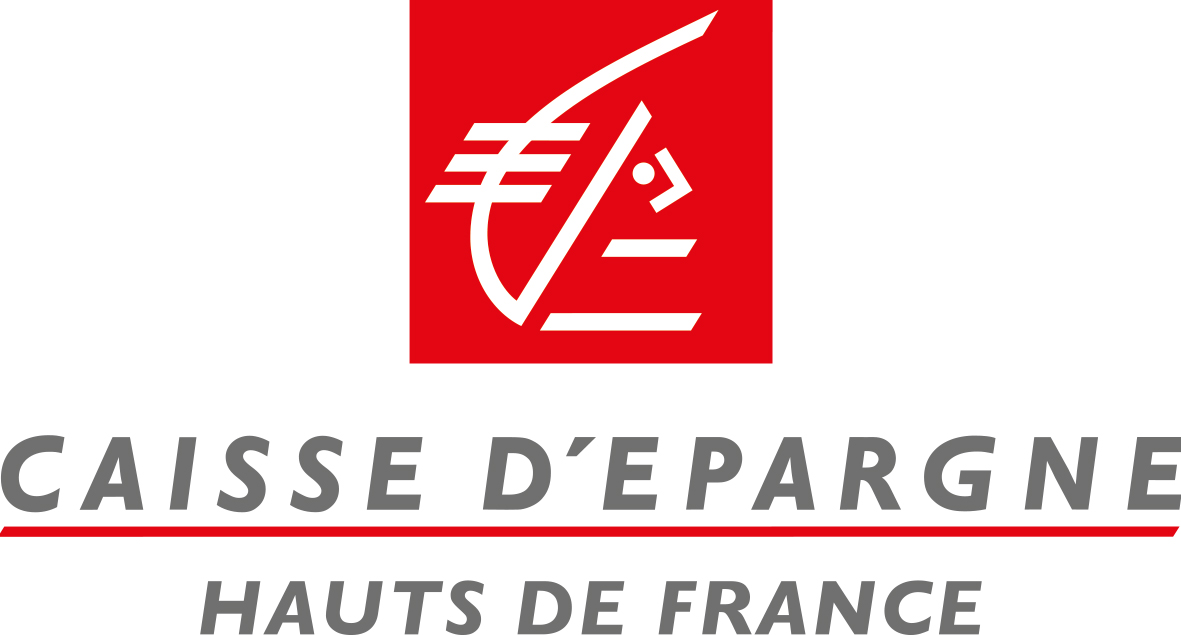Startups funding
EuraTechnologies, facilitating funding for startups

With its support programmes – Start for startup incubation and Grow for acceleration – EuraTechnologies facilitates networking between investors and entrepreneurs. The startup managers prepare the entrepreneurs on their approach to contacting potential investors through workshops, training sessions, coaching and the organisation of business information sessions with experts in law, finance, HR and more. The preparation sessions focus on adopting the investor’s vision and the need to learn to pitch in front of investors. Depending on the scope of activity and the startup’s potential, startup managers can steer entrepreneurs towards the right investors and arrange targeted meetings.
At events specifically designed for entrepreneurs, EuraTechnologies brings together startups and investors with pitch sessions in front of an audience of startup investors, and presentations to business angels in the form of one-to-one meetings.
Investing in a startup
For a startup to grow, it needs funding. An entrepreneur looking to create a startup can often find funding from those around them – “love money” as it has come to be known (capital extended by family and friends to start a business venture), but they’ll have to widen their circle of investors once their financial needs increase. Interest-free loan, crowdfunding campaigns, and the opening of shares are just a few of the ways that a startup can get funding.
There are many different kinds of startup investors, from VCs to business angels, banks and institutional investors. Investors like these are making a commitment to the emergence of innovative companies in the field of French Tech, and supporting the development of future champions of digital tech, or financing the expansion of a mature startup. Successful entrepreneurs also participate in the financing of future startups: by investing in an investment fund themselves, for example.
Some are specialised in seed money, which means the startup has only just come into existence, and often, hasn’t yet carried out any marketing of its product or service. In this case, the investor or investors believe in the potential of the startup’s business model and sales forecasts.
Startups engaging in “seed” funding are carrying out their first fundraising or venture round. Then, Series A financing corresponds to the second round: the leaders of the startup finance its acceleration, the scalability of its business model, its international development and ultimately achieve profitability. Series B is the next step, when the startup has accomplished certain milestones, has shown positive sales results, and is continuing to expand with this new funding by buying out competitors for example, or opening in new foreign markets. Series C is the third funding round for the startup, and the one that marks the commercial success of the startup’s activity and results.
At each funding round, the projections and indicators achieved are the first tools analysed by potential investors.
Proving your worth to convince investors

Investors are able to request proof of the concept from one or more test customers, the final prototype or minimum viable product, initial financial documents that show the achievement of turnover, forecast orders, etc. They expect a return on investment and will regularly monitor the progress of the company’s indicators, particularly its financial statements.
Meetings with investors are an opportunity for the manager(s) to show the purpose and benefits of their innovation and to provide information on the startup’s financial outlook. The CTO can support the entrepreneur and, for example, answer any technical questions or suggest possible changes.
VCs or Venture Capitalists most often finance startups with high growth potential. Young tech startups quickly need funds to recruit and hire experienced staff, finish developing their innovation, and accelerate the marketing of the product or service.
Investors who provide financial support may want to support the startup as whole: through workshops on commercial strategy, mentoring, business meetings, etc, investors can personally follow the development of the promising startup, hoping that their investment will prove profitable and eventually sell on their shares to achieve positive capital gain. In this scenario, business angels often assume the role of coach or mentor to support the startup’s growth.









